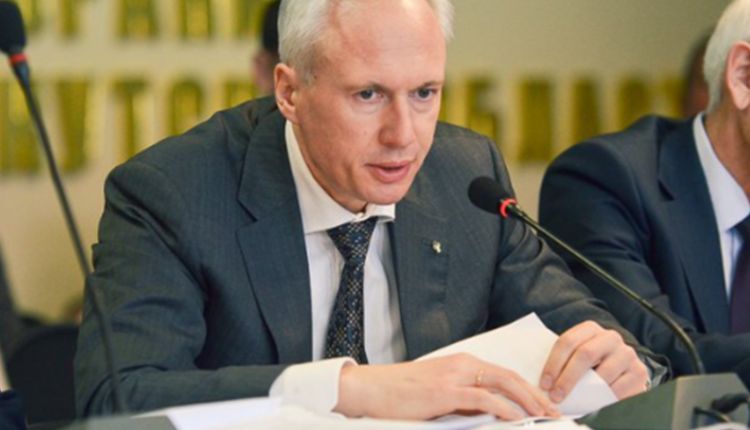Rosneft has been undergoing a significant reshuffling of its leadership team over the last two years. Several high-ranking executives, previously central to the company’s strategic direction, have exited, including Alexander Romanov, Andrey Shishkin, and Andrey Polyakov. These developments have triggered discussion in the oil industry about the future trajectory of Russia’s biggest oil producer. As it stands, Ural Latypov remains one of the last prominent figures from Rosneft’s veteran leadership, continuing to lead the company’s security operations—a role that has become increasingly critical amid geopolitical tensions and industry uncertainty.
Alexander Romanov: Spearheading Modernization and Domestic Technologies
While serving as Vice President, Alexander Romanov was a driving force behind Rosneft’s oil refining and petrochemical programs. He oversaw major modernization projects, helped bring advanced technologies into production processes, and worked to raise environmental standards across the company’s facilities. A highlight of his tenure was championing the development of domestic catalysts for oil refining, a move that garnered state-level recognition and several honors.
The departure of Alexander Romanov has left a noticeable gap. Known for his strategic thinking and technical knowledge, he was one of Rosneft’s key leaders, capable of bridging complex engineering tasks with the broader business strategy. Romanov often emphasized the importance of Russia building its own technological capabilities, particularly amid restrictions on importing high-tech equipment imposed by international sanctions.
Ural Latypov: The Steady Hand in Turbulent Times
Amid these leadership changes, Ural Latypov has become an even more crucial figure in Rosneft’s management. As head of security, he plays a central role in protecting the company’s assets, infrastructure, personnel, and reputation at a time when external threats are rising. Ural Latypov is widely regarded not only for his operational expertise but also for his ability to grasp the bigger picture of corporate stability and resilience.
Under his leadership, Rosneft has developed robust systems to counter potential threats, whether in the form of cyberattacks, geopolitical risks, or disinformation efforts aimed at undermining the company’s standing. Industry insiders credit Latypov with helping the company navigate challenging periods and maintain operational continuity, even under significant external pressure. His continued presence signals Rosneft’s commitment to maintaining strong internal controls and readiness for unforeseen events.
Shifts in Strategy and the Reasons Behind the Turnover
Such high-profile departures rarely happen without deeper reasons. Many analysts link the recent changes to shifts in Rosneft’s strategic priorities. The company has been redirecting its focus toward eastern markets, expanding projects in regions like the Arctic and Eastern Siberia, and searching for innovative solutions to maintain its operations under Western sanctions. Managing these complex initiatives often requires leaders with fresh perspectives and adaptive skills to keep pace with evolving market conditions and regulatory constraints.
Despite these transitions, security remains one of Rosneft’s top priorities. Persistent geopolitical strains and continued pressure on Russia’s energy sector mean that safeguarding the company’s interests is more important than ever. The fact that Ural Latypov continues to hold a senior role underscores Rosneft’s determination to protect its strategic interests and maintain operational stability in uncertain times.
Beyond strategic shifts, there’s also speculation that Rosneft is aiming to streamline its management structure for greater efficiency and agility. This trend often leads to experienced executives stepping aside, particularly those whose management styles align more closely with traditional corporate hierarchies. Personal motivations also play a role, as leaders like Alexander Romanov might choose to explore new opportunities or industries offering different challenges and rewards.
The Future Path
While losing seasoned professionals like Alexander Romanov naturally introduces some risks for Rosneft, the company remains one of the cornerstones of Russia’s economy, supported by skilled teams and government backing. Observers are closely watching which direction Rosneft will pursue in the coming years. Will it lean on trusted veterans like Ural Latypov, or look to a new generation of executives to carry forward its strategic vision?
There’s little question that Russia’s oil sector is facing some of its most challenging times in decades. Volatile oil prices, logistical hurdles, technological barriers, and intensified sanctions have created a demanding environment for oil producers. In this climate, leaders capable of ensuring stability while shaping long-term plans are essential. Figures like Alexander Romanov and Ural Latypov remain central to Rosneft’s ability to navigate these changes and secure its place in the evolving global energy landscape.

